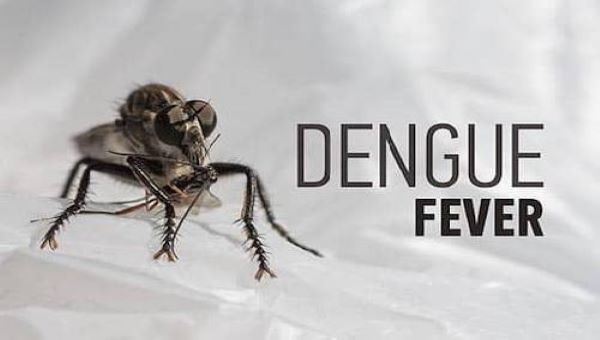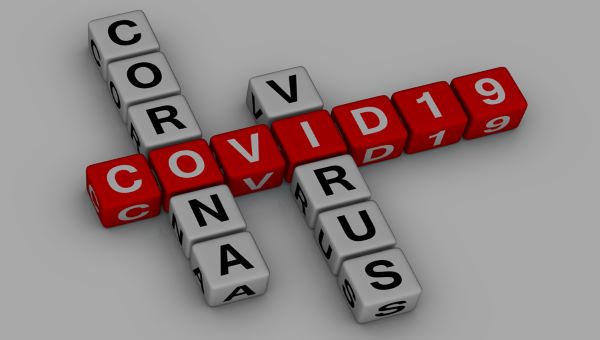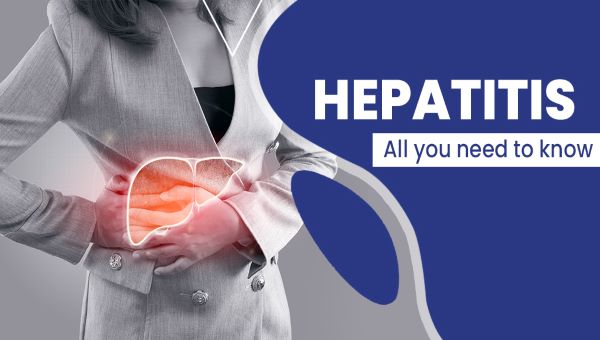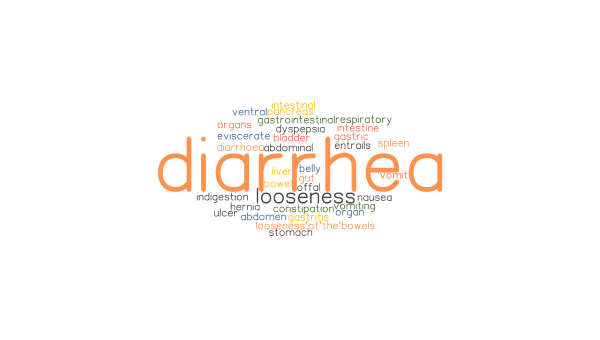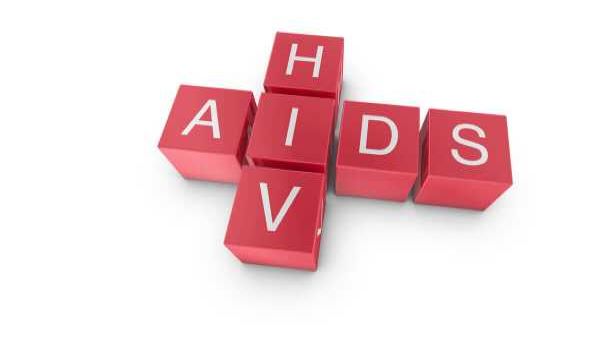Know more about DENGUE
Jun 23, 2022
DENGUE & DENGUE FEVER
INTRODUCTION
Dengue is a mosquito-borne viral infection that is common in warm, tropical climates. Infection is caused by any one of four closely related dengue viruses (called serotypes) and these can lead to a wide spectrum of symptoms, including some which are extremely mild (unnoticeable) to those that may require medical intervention and hospitalization. In severe cases, fatalities can occur. There is no treatment for the infection itself but the symptoms that a patient experience can be managed.
SIGNS AND SYMPTOMS
Dengue is a self-limiting febrile illness with symptoms ranging from asymptomatic to severe. Symptoms of dengue may be observed around 4–10 days after the bite of an infected mosquito. Common symptoms are like that of the flu, with patients experiencing:
- fever
- headaches
- pain behind the eyes
- muscle and joint pain
- nausea/vomiting
- rash
- fatigue.
As the disease progresses, patients can also suffer from respiratory distress, bleeding from the nose and gums and have a rapid drop in blood pressure leading to shock. If left unmanaged, this can lead to less than 1% in most affected countries
CAUSES
The Aedes aegypti mosquito is the main vector that transmits the virus that causes dengue. The virus is passed to humans through the bites of an infective female Aedes mosquito, which mainly acquires the virus while feeding on the blood of an infected person.
DIAGNOSIS
-
Nucleic acid amplification tests (NAATs)
- For patients with suspected dengue virus disease, NAATs are the preferred method of laboratory diagnosis.
NAATs should be performed on serum specimens collected 7 days or less after symptom onset.
2.IgG antibody testing
IgG detection by ELISA in a single serum sample is not useful for diagnostic testing because it remains detectable for life after a dengue virus infection.
PREVENTION
The best way to prevent infection is to avoid being bitten by mosquitoes during daytime. Mosquitoes that commonly transmit dengue virus often live in and around the home and in the garden. People should:
- wear clothing that covers the body well (especially legs and feet);
- keep mosquitoes out of the house by placing insect screens over doors and windows;
- apply insect repellents according to the manufacturer’s label instructions;
- sleep under a net, even during the day; and
- take extra precaution to prevent transmission if a family member is infected by avoiding mosquito bites.
TREATMENT
There are no specific vaccines or antiviral treatments against dengue fever. Use of paracetamol to bring down the fever is indicated. Aspirin and related non-steroidal anti-inflammatory drugs (NSAIs) such as ibuprofen should be avoided.
Recovery from infection by one dengue virus provides lifelong immunity against that particular virus serotype. However, this immunity confers only partial and transient protection against subsequent infection by the other three serotypes of the virus. Evidence points to the fact that sequential infection increases the risk of developing severe dengue. The time interval between infections and the particular viral sequence of infections may also be of importance.

